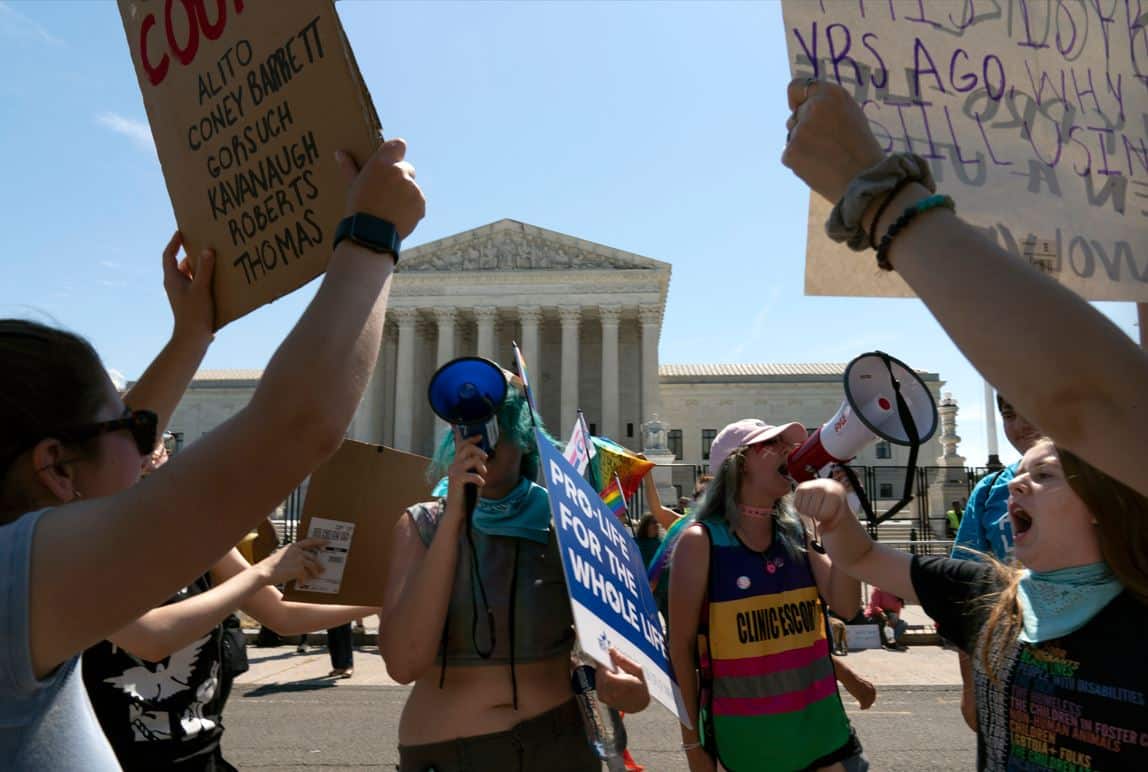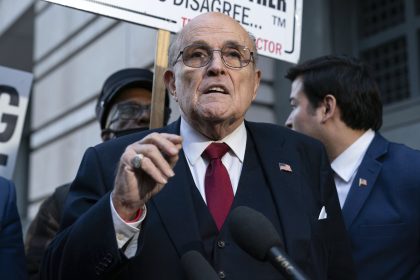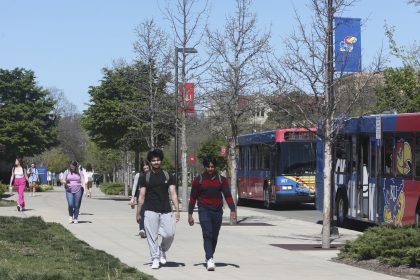Texas Judge Allows Abortion Procedures to Resume Temporarily

HOUSTON — Abortions up to around six weeks of pregnancy were permitted to resume at some clinics in Texas after Harris County District Court Judge Christine Weems granted a temporary restraining order on Tuesday that blocks the state’s ban enacted in 1925.
Texas was one of the first states to begin drastically restricting abortion access last year, as previously reported by The Well News, well before the Supreme Court’s Dobbs v. Jackson ruling effectively ended the constitutional right to abortions. In a virtual press conference held shortly after Weems’ decision came down, Marc Hearron, senior counsel at the Center for Reproductive Rights, told reporters that the lawsuit came in response to Texas Attorney General Ken Paxton’s advisory on Texas law upon the reversal of Roe v. Wade.
“We are very pleased. We’re relieved that this judge has seen to preclude criminal enforcement of these antiquated laws that we believe have been repealed and that can no longer be enforced today, and to ensure that abortion will remain legal, at least for 14 days,” Hearron said during the press conference.
The advisory informed prosecutors that they may choose to “immediately” pursue criminal prosecutions based on abortion prohibitions predating Roe that were never repealed by the Texas Legislature. The U.S. Court of Appeals for the Fifth Circuit held in 2004 that statutes enacted prior to the Roe decision were effectively repealed. Hearron said Texas’ pre-Roe statutes were absent from the state’s penal code until the Friday ruling in Dobbs when they suddenly “reappeared.”
Weems heard oral arguments in the case on Tuesday before issuing her decision to repeal the pre-Roe abortion ban, ruling that it may not be enforced “consistent with the due process guaranteed by the Texas Constitution,” according to a copy of the ruling shared with The Well News. Tuesday’s ruling applies to statutes that were enacted before the trigger ban passed last year by the Texas Legislature.
“The court further finds that the threat of enforcement of Texas’ pre-Roe ban creates probable, irreparable and imminent injury for which plaintiffs and their physicians, nurses, pharmacists, other staff and patients throughout Texas have no adequate remedy at law if the plaintiffs … are subjected to criminal liability or disciplinary action before [the trigger ban] goes into effect,” Weems wrote in the decision.
Following the decision, Whole Women’s Health, one of the plaintiff abortion providers, announced it would reopen all four of its clinics in McAllen, McKinney, Fort Worth and Austin to resume providing the procedures. State law still requires a two-visit minimum to qualify for abortion in addition to a 24-hour waiting period.
In a statement shared with The Well News, Amy Hagstrom Miller, president and chief executive officer of Whole Woman’s Health and Whole Woman’s Health Alliance decried the “devastating impact” of the Supreme Court’s ruling that overturned Roe on Friday.
“Pregnant people deserve better. Families deserve better. That is exactly why we’re digging in,” Miller said. “That is why we will never stop fighting back. It is why we will persist unrelentingly in our mission to deliver the compassion, empathy, support and care that the politicians responsible for this nightmarish situation have made clear they will not.”
Hearron said on the press call that Tuesday’s ruling opens the door for abortion providers across the state to resume operations because the temporary restraining order makes it clear that they cannot be criminally prosecuted based on the provision of care. Despite this, Hearron clarified that the six-week ban on abortion still stands and will likely result in patients seeking out-of-state care as they have continually done, as The Well News previously reported.
Alan Braid, abortion provider and owner of Alamo Women’s Reproductive Services, vowed to continue providing abortions “for as long as [he] legally can” if the laws continue to be blocked by lower courts. He also described the reality of people being forced to travel across state lines for time-sensitive health care as “devastating.”
Although the Supreme Court’s opinion in Dobbs has been handed down, its official judgment has yet to come and could take a month or longer if it considers a motion for rehearing. Texas’ trigger ban cannot become effective until the judgment in Dobbs comes out.
“Keep in mind, Texas still has the six-week ban that limits abortions — that’s been in place for 10 months,” Hearron said. “So there still will be a large number of Texans who are still going to need to try to find access and appointments outside the state.”
Reece can be reached at [email protected] and @ReeceNations























